#SVYALit: Survivor Stories and the Decision to Go Public, a guest post by Christa Desir
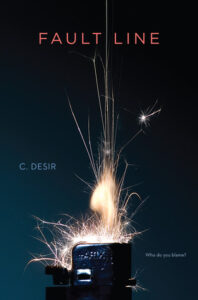 Earlier this week, author Laura Ruby wrote a post about survivor stories inspired by her new release Bone Gap. The conversation came in part by this simple question: What do the survivors of sexual violence owe us when they share their stories? The answer of course is nothing, they owe us nothing. Talking about sexual violence helps raise awareness, but it’s also okay to decide that you can’t talk about it. Those who choose to share their stories should be respected and those who choose differently should also be respected. Today Christa Desir, author of Fault Line and Bleed Like Me, is talking about making the decision to share survivor stories.
Earlier this week, author Laura Ruby wrote a post about survivor stories inspired by her new release Bone Gap. The conversation came in part by this simple question: What do the survivors of sexual violence owe us when they share their stories? The answer of course is nothing, they owe us nothing. Talking about sexual violence helps raise awareness, but it’s also okay to decide that you can’t talk about it. Those who choose to share their stories should be respected and those who choose differently should also be respected. Today Christa Desir, author of Fault Line and Bleed Like Me, is talking about making the decision to share survivor stories.
There was a time about ten years ago, when the Voices & Faces Project first came to be, when I needed to make a decision. A decision about how much my story was going to define me to the greater world. I had long gotten past the shame of being a sexual violence survivor, but not being ashamed and actually acknowledging this thing that happened to me in front of strangers are two very different things.
ADVERTISEMENT
ADVERTISEMENT
I believe in the mission of the project: to give a voice and face to sexual violence survivors so we aren’t kept in the shadows, brushed under the rug, made to feel guilty about something that wasn’t our fault. We come forward and tell our stories in order to dispel cultural myths about what rape victims are and are not. We come forward for those who cannot, so they might know they are not alone. And yet, when it came to actually being an “out” survivor, I couldn’t help but pause and wonder what this would mean for my future, what it would mean for my kids’ future, what it would mean for my career.
Because being a survivor and an activist may give me a certain amount of credibility on the topic, but it also gives a lot of people a reason to dismiss what I have to say. I am “emotional” or “still traumatized” or “broken” or “damaged.” I cannot discuss the issue thoughtfully and academically because this thing happened to me. Add to that the very real fact that I’m not an “ideal rape victim.” There are reasons to dismiss me: I didn’t tell anyone what happened for ten years, I got in the car of a stranger when I knew better, I was promiscuous in high school and didn’t care who I hooked up with or what they did to/with me.
So when I made the decision to be out, not to hide, to tell my story when people asked, I also made the decision to accept that people would tell me all the things I did wrong, all the reasons why they would have been smarter than me, all the reasons why I was lucky because “it could have been worse.” Indeed. It could have been worse. This is not a thing to tell a rape survivor, FYI.
Right around the time it first started as a nonprofit, the Voices & Faces team had an opportunity to discuss the project on the Chicago local news. It was a short segment, maybe less than three minutes all together. I was featured with a few other survivors. A week later my parents called from Florida incredibly upset. A friend of theirs had called them and told them about the segment. This is not what they wanted for me, this is not what they wanted for them.
The decision to tell your story does not only impact you. Sometimes your parents or spouse or kids are affected by it, and while it’s not their story, they are forced to deal with this uncomfortable thing because of you. How easy and tempting it is to want to protect them from that. For me, I’m used to the hurt, the shame, the guilt, but there is a part of me that doesn’t want that for my family.
ADVERTISEMENT
ADVERTISEMENT
A decade ago I made a decision. Lots of amazing and wonderful things have come out of that, lots of terrible and painful things have also come from that. I don’t yet know the long-term effects my decision to be “out” will have on my kids. I want to think they’ll be proud of me for being honest, for telling the truth, for not hiding in shame over something that wasn’t my fault. And yet, will any of that matter when a friend of theirs googles me in high school and that comes up? Will it be okay? Will they be able to answer the questions or respond to accusations about how I could’ve prevented what happened to me? Is it fair that they’ll have to?
I have told my story in front of audiences of a thousand people and in front of rooms of ten. My voice still wavers when I tell it. My oldest daughter is the only one of my kids who knows some of what happened. It was the best and the hardest conversation I’ve ever had. I hope that conversation with my boys goes as well.
When it comes down to it, I don’t really believe we owe anyone our stories if we don’t want to share them. And even now, when I’ve made the choice to be an “out” survivor, I still have to steel myself against all that that can mean. I don’t regret it, but I do sometimes wonder what my life would look like if I had made a different decision.
About Christa Desir: I live outside of Chicago with my awesome husband, Julio, and our three children. When I’m not writing, I am an editor of romance novels. I am also a feminist, former rape victim advocate, lover of coffee and chocolate, and head of the PTA.
Christa Desir is the author of Fault Line and Bleed Like Me
For more of The #SVYALit Project, please see the project index
Filed under: #SVYALit, #SVYALit Project
About Karen Jensen, MLS
Karen Jensen has been a Teen Services Librarian for almost 30 years. She created TLT in 2011 and is the co-editor of The Whole Library Handbook: Teen Services with Heather Booth (ALA Editions, 2014).
ADVERTISEMENT
ADVERTISEMENT
SLJ Blog Network
The Moral Dilemma of THE MONSTER AT THE END OF THIS BOOK
Cover Reveal and Q&A: The One and Only Googoosh with Azadeh Westergaard
Winnie-The-Pooh | Review
Parsing Religion in Public Schools
ADVERTISEMENT



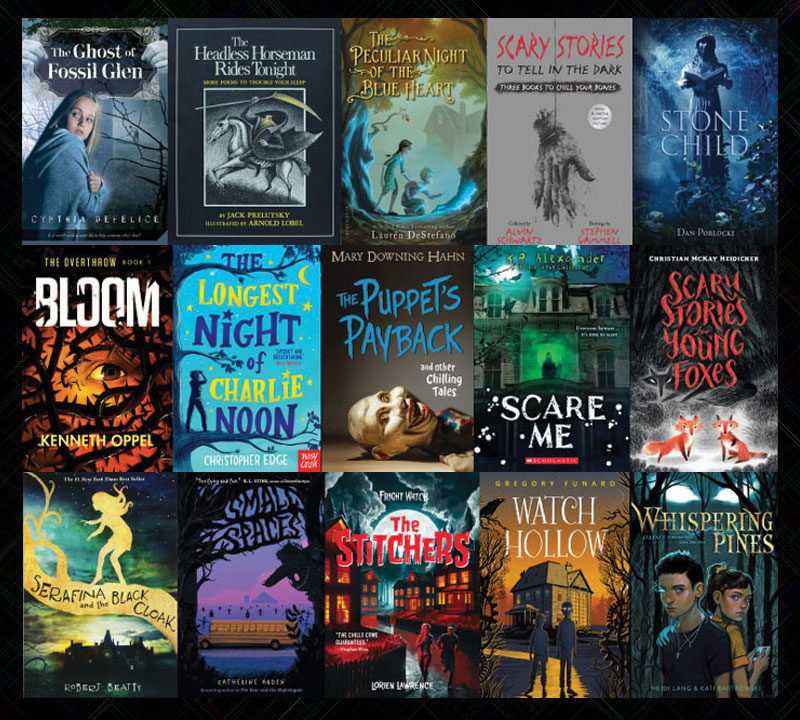
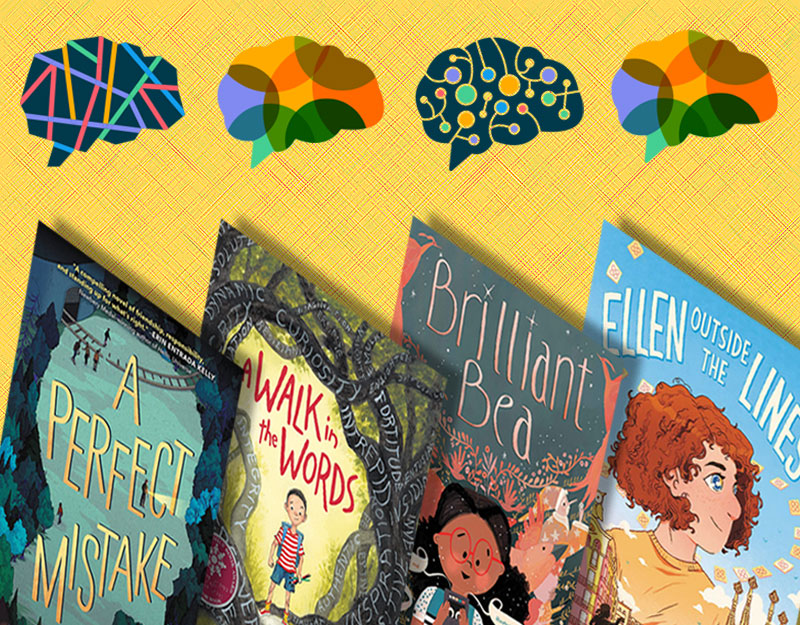
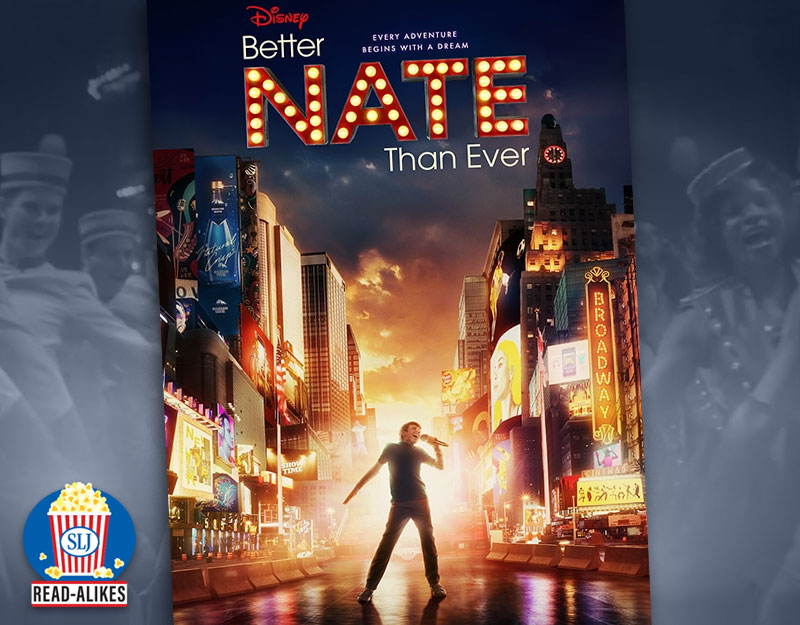
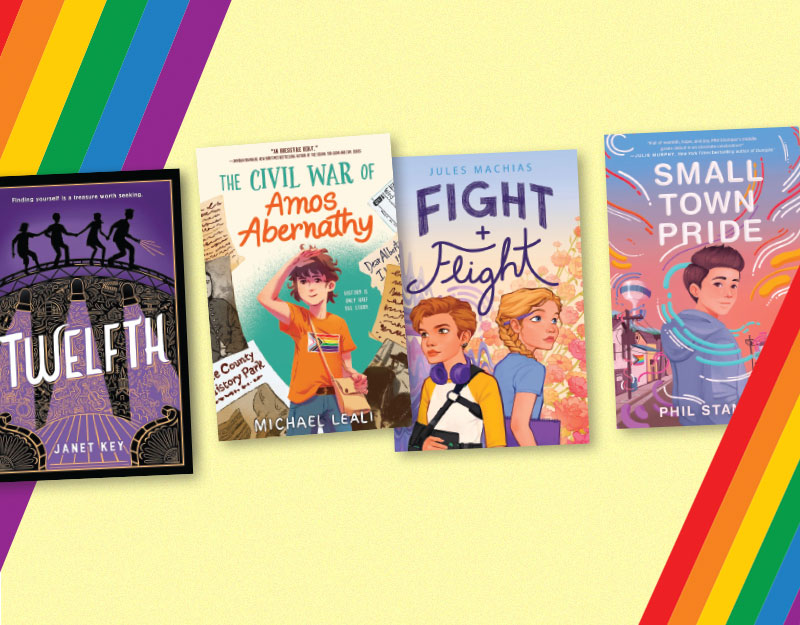
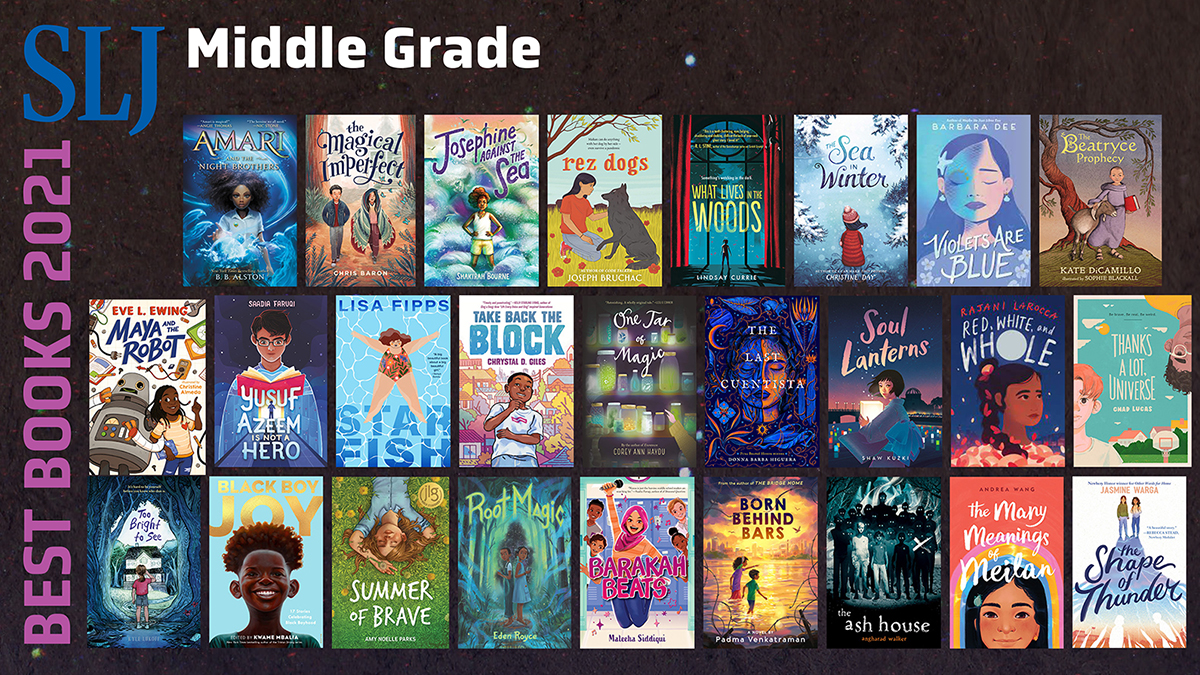
Great post, Christa. It always makes me sad (and angry) when it’s constantly the victim who has to repeatedly consider the consequences of her actions (i.e., coming “out” with her story). No survivor ever asked for it to happen, yet from that moment forward, every decision she makes regarding telling/not telling, etc. becomes rock/hard place. Telling often makes a survivor feel like the culprit because the public knowledge may hurt her family.
You seem to have lifted yourself out of that place beautifully and thoughtfully, especially regarding your family.
This is super, spot-on. Thank you.